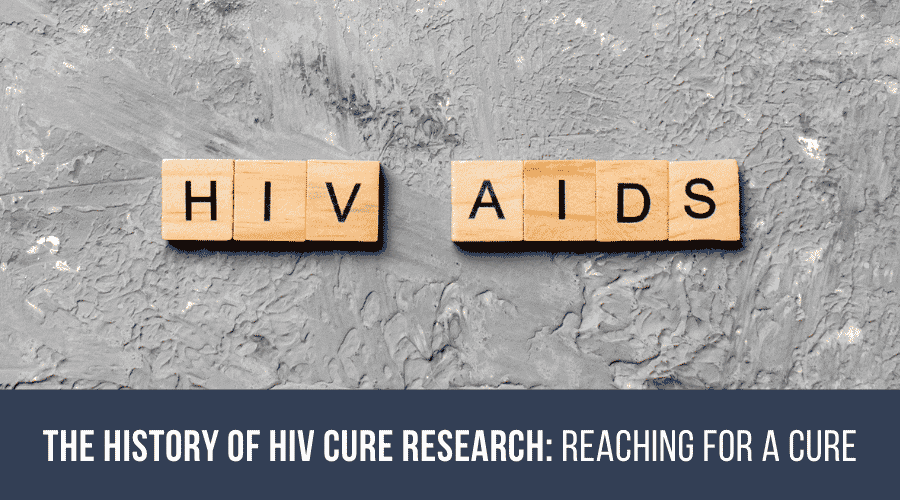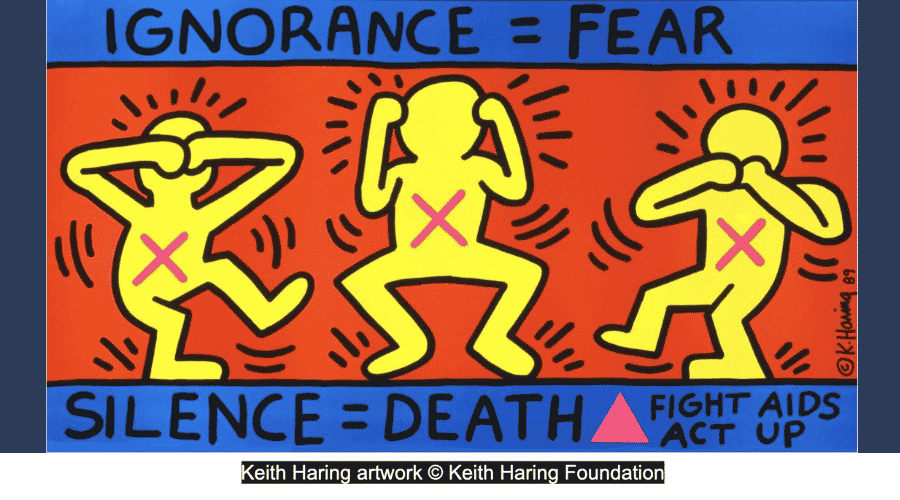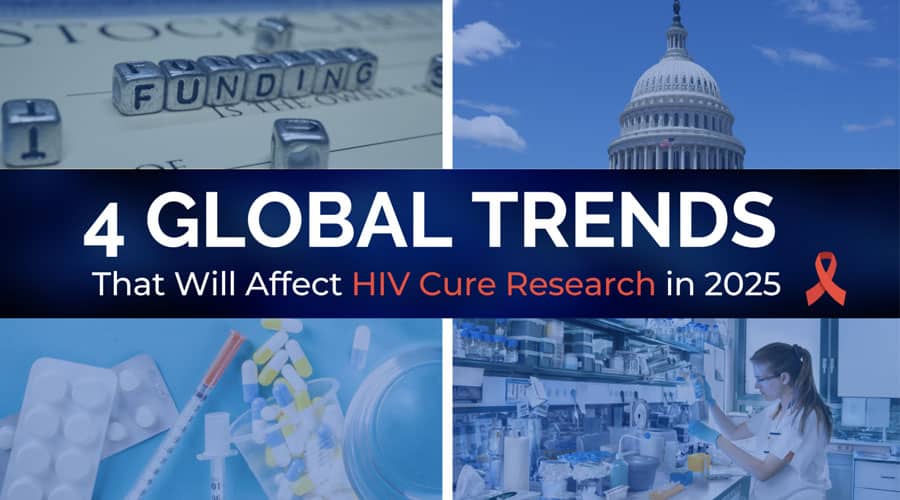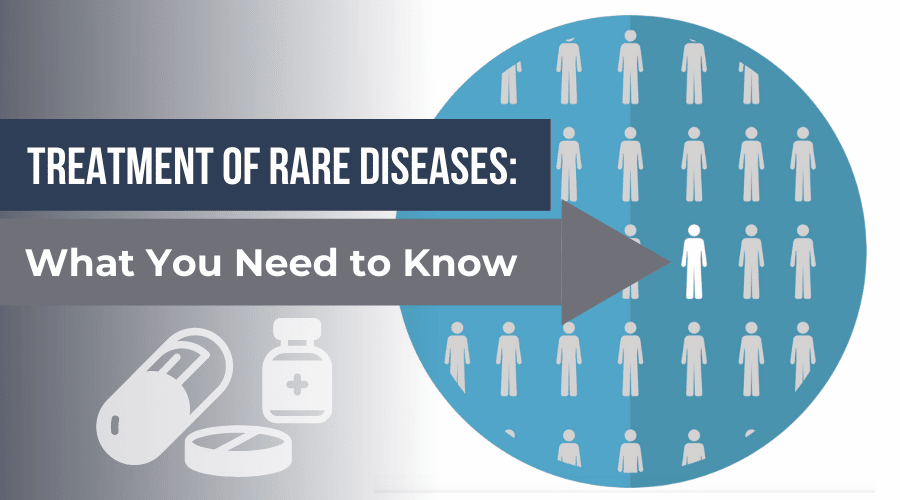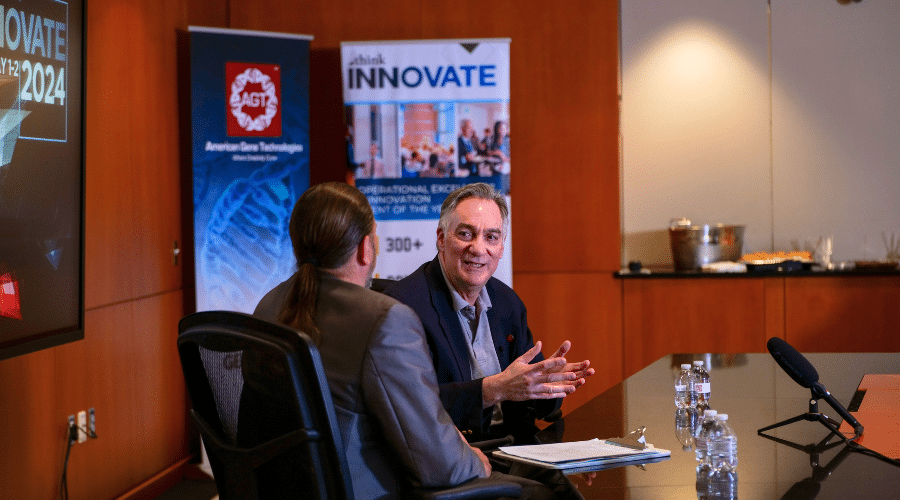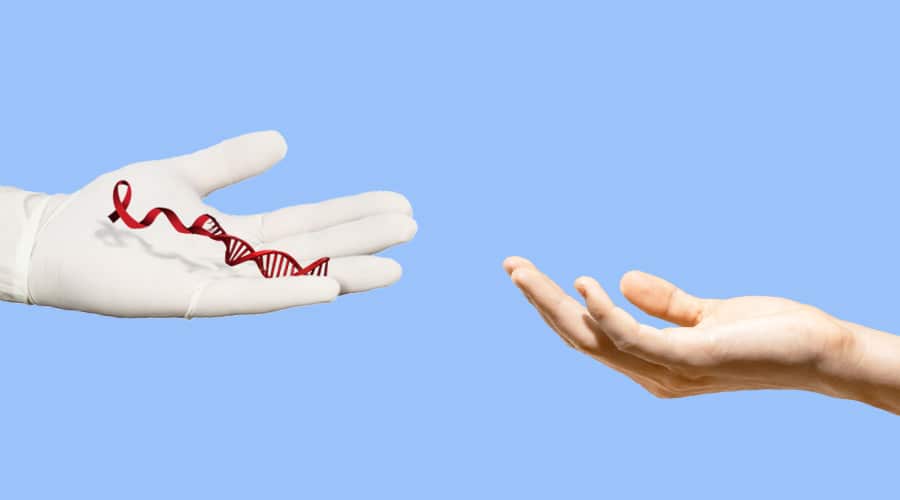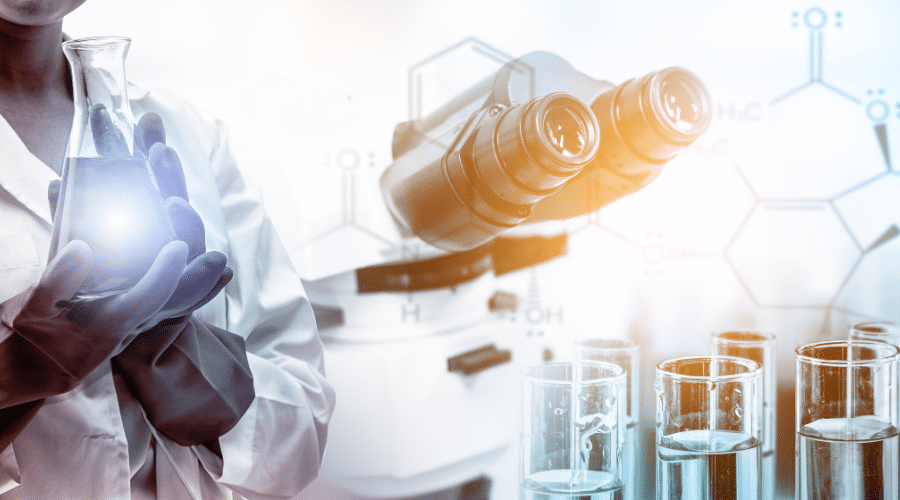Rare Disease: One Mom’s Fight to Save Her Son, Amber Freed Raises Millions to Create a Cure. Coronavirus won’t stop her.
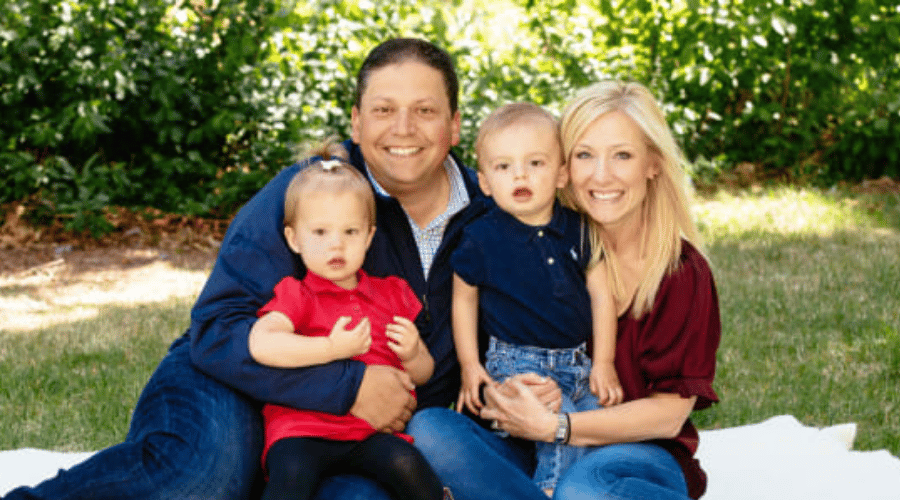
By Contributing Writer Gina Hagler
There are nearly 7,000 rare diseases affecting approximately 1% of the global population. When your child is affected with one of these rare diseases, and it is so rare it does not even have a name, what do you do? Amber Freed’s decision was to fight like a mother. She recently shared with us what that means for her and her son, Maxwell.
Birth and Growing Concerns
Maxwell and his sister, Riley, were born on March 27, 2017. After several years of trying, the twins’ healthy birth was a perfect start to life as a family. “But around four months, I just noticed Maxwell wasn’t doing the things that Riley was doing,” Amber said. “I filled out their baby books every month. I’d say Riley rolled over. Riley likes the yellow rattle. And one of the stranger things to stand out was that Maxwell had never used his hands. And he constantly stared at his crooked pointer finger.” When Amber went to the doctor, she’d say, “My baby keeps staring and his finger and he’s not rolling over and meeting his milestones. The doctors would say, ‘Amber, you’re crazy. You’re a new mother. You’re Type A.” She would agree and say, “Yes, that’s all true. But my gut is telling me that something is really wrong here.” They’d reassure her and send her home, telling her they would see them next month. Month after month passed in this way. But when Maxwell and Riley had their nine month checkup, Amber said, “I could see the doctors had fear in their eyes. And my sweet pediatrician, that is the most wonderful man in the world, had a little bit of panic as he said, ‘Okay. Why don’t we have him evaluated by a neurologist? Maybe he should go there.” With that, their diagnostic odyssey in which they visited every imaginable type of specialist began.
Is it His Vision?
The fact that Maxwell was always staring at his finger, continued to concern Amber. She took him to an ophthalmologist to be sure his vision wasn’t impaired. The ophthalmologist told her that Maxwell could see, but he wasn’t sure that Maxwell would live. “My first reaction,” Amber said, “was actually defensive and angry because I was at the ophthalmologist. How could he comment on whether my baby would live? I was so confused. Every part of me just wanted to freak out. And I snapped into work mode and started asking questions.” The ophthalmologist explained that with many rare diseases, parents think the problem is with the baby’s eyes when it’s actually a problem with the baby’s brain. “It’s going to be a rare disease,” he said. “There are 7,000 rare diseases. The only way anyone is going to catch this is through genetic testing. Go home and just know that you’re probably going to get really bad news. I want you to know that the majority of people that come in in your shoes don’t make it.” Amber made an appointment with Dr. Austin Larson, a geneticist at Children’s Hospital in Denver who also told Amber, “Something is really wrong. Everything the ophthalmologist said is true.” Dr. Larson had Maxwell’s genome mapped at the Mayo Clinic. It would be four months until they received the results.
SLC6A1
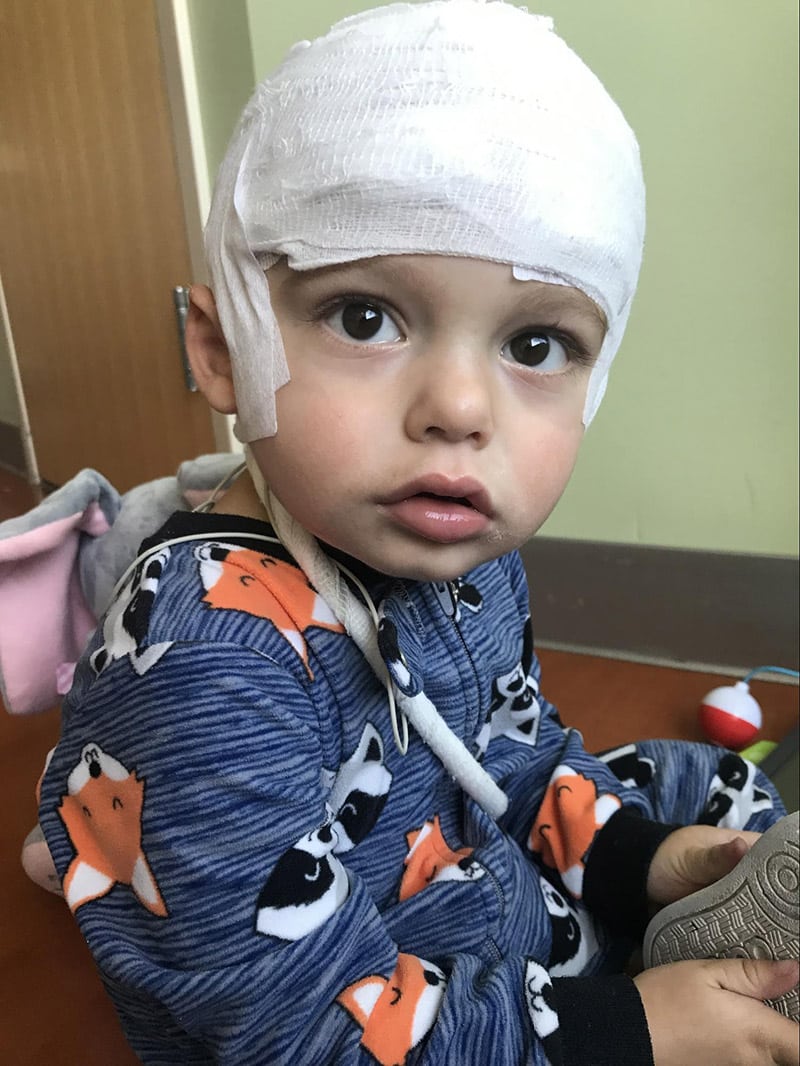
When the phone call came and the people at the Mayo Clinic said they’d clear their calendars for Amber and her husband, she knew it was bad. “We should have taken an Uber,” Amber said. “We should not have driven, but we did. We were shaking when we were led to a bad-news room. The room was full of doctors with super-sad faces, and you just brace for impact, and they said, "Your son has a disease called SLC6A1." And I had so much adrenaline running already, but I was super confused so I asked, "What's the name of the disease?" And they said, "It's SLC6A1." And I said, "No. That's the name of a flight number. What's it called?" And they said, "It's too rare to have a name. That's the genetic location."
“And so my husband and I took out our phones and Googled, and no search results came back. You can’t imagine what it's like to Google something and not get a search result back. It was devastating. And of course, we're like, "What does this mean?" And they say, "We don't know. We have this five-page article from Denmark. We can't give you a life expectancy. We know he's going to be super-delayed. These are the things he's never going to do. He's going to have a movement disorder like he has Parkinson's. He'll probably never be able to play with Riley. And between the ages of three and four, he's going to develop a really debilitating form of epilepsy. And he's going to lose all of these skills he fought so hard to gain." And, they said, "Go home, and give him the best life you can."
“I'm sure everybody can just feel what it's like. I think everybody thinks they've experienced their lowest moment in life. And we all have, up to this point. And I can just say that there's not a more low feeling in the entire world than for your perfect little baby to be diagnosed with a disease that has no name and nothing that can be done. The oxygen went out of the room. But I realized I had my entire life to cry and to grieve for myself, but right now, it was not about me. It was about Maxwell.”
As the meeting ended, the doctors were about to refer them to the social workers. Amber wasn’t done. “Absolutely not,” she said. “I have this many doctors in one room. You tell me what to do in the next week, and then I’m going to call you back in one month. And I’m going to figure this out myself.” When she asked what they would do if it were their son, they said they would start calling scientists right away. Amber and her husband left the meeting and stopped by Amber’s office where she told them something horrible had happened and she needed to quit.
Fighting Like a Mother
Since that day, Amber has founded SLC6A1 Connect as a patient organization for families with children who have the same rare disorder as Maxwell. She has called more than 650 scientists - reaching Asia and Australia at night, Europe in the early morning, and the US during the day. She’s read textbooks and journal articles and quizzed doctors.
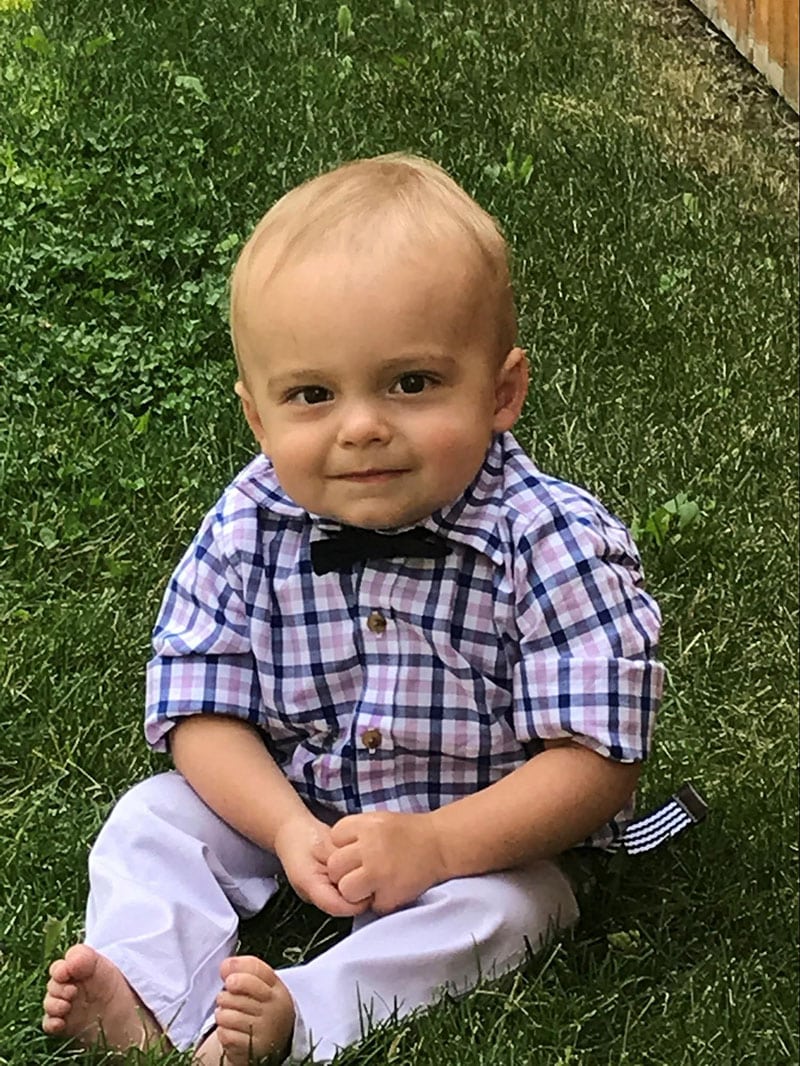
Along the way, Amber discovered that SLC6A1 is not so rare. It was identified in 2015 and made the testing panels in 2017. She learned that it could be a contributing cause of autism, some types of epilepsy, schizophrenia, bipolar disorder, and ADHD. But Amber needed more than what she could find through her own research. At the end of each call, she’d say, “While we’re on the phone, so you don’t forget, can you introduce me to three people who might be able to help?” She didn’t hang up until the emails reached her.
After identifying one scientist who could help her, Amber flew, unannounced, to a conference where he would be speaking. She sat down next to him. Once she was seated, she wasn’t sure how to begin.
The result of all of this effort? Maxwell could likely be cured with a single treatment that would last about two hours. “All” Amber needed was a genomic mouse and several million dollars. “That’s a ridiculous amount of money that a group of trailblazing parents like myself have to raise now,” says Amber. “But for the people who come after us, it will just be so much easier.”
Two months ago, after hearing Jeff Galvin, CEO of AGT, speak on a podcast for the Center for Advancing Innovation, Amber called to see if he could help. Jeff made time for her several times, to hear her story and to suggest people who might be able to help. One of the people Jeff introduced Amber to was Frances Lefcort, scientific advisor to AGT. Lefcort then introduced Amber to a researcher who was unknown to Amber - a researcher who was an expert in SLC6A1. It was he who suggested Amber pursue an RNA approach, rather than a DNA approach. Says Amber, “This man was so familiar with the gene, he’s like, ‘Well, could you get me a sample soon? Because I could start testing all of those right away.” Today, it looks as if they’ll have something for Maxwell really soon, and it’s all because of Jeff. “He was truly a guardian angel for Maxwell,” said Amber.
Amber has raised the funds necessary for the first rounds of development and testing. With the probable cure in the works, additional funds are being raised at MilestonesforMaxwell. The First Annual Milestones for Maxwell Golf Tournament will be held in Denver on August 17th, with coverage by Fox Sports. Amber continues to fight like a mother as the race for the rest of the funds needed for Maxwell’s treatment continues.

